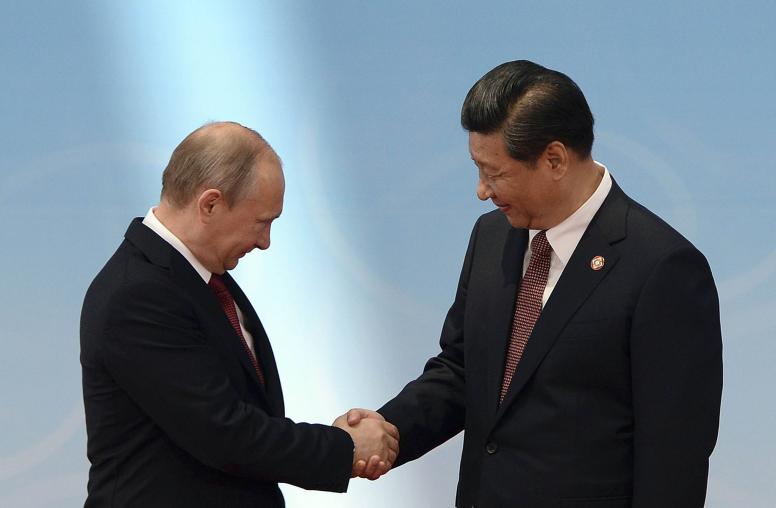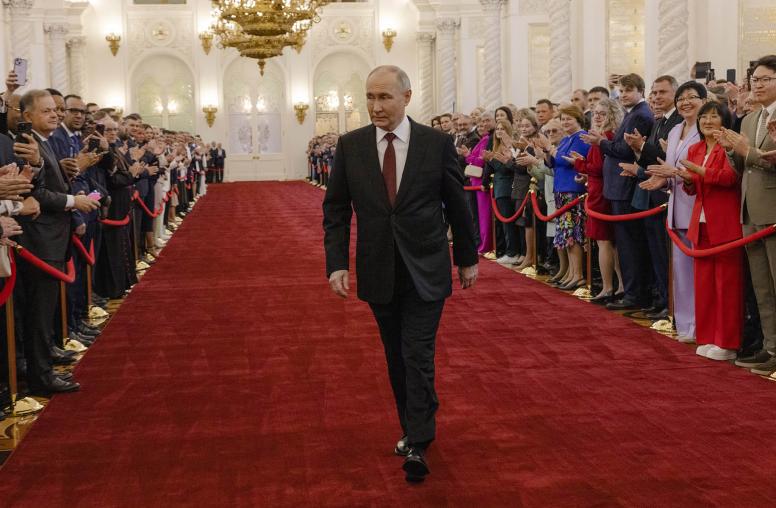Responding to Russian Atrocities in Ukraine
Developing a Multilateral Strategy for Accountability
As Russia’s assault on Ukraine continues, mounting evidence suggests that atrocities, including war crimes and crimes against humanity, are ongoing. Russian forces have already violated numerous norms of international law by invading a sovereign nation, violating cease-fires, shelling humanitarian corridors and targeting civilians — including those seeking shelter in hospitals, schools and residential areas. As Ukrainian armed forces continue to stymie the progress of Russian military efforts, international actors are increasingly warning that Russia may violate those norms even further with the use of chemical weapons.
The Ukrainian government has led efforts to hold Vladimir Putin and Russia accountable for these atrocities, challenging Russian aggression and claims of genocide through the International Court of Justice and the European Court of Human Rights. The international community has followed suit, with both the U.N. Human Rights Council and the prosecutor of the International Criminal Court opening investigations into alleged crimes committed in Ukraine. Meanwhile, several states, including Germany and Spain, have opened their own investigations into possible war crimes under the principle of universal jurisdiction.
On March 22, USIP held a discussion on seeking justice for Russian atrocities in Ukraine, the needs of Ukrainian civilians, available accountability mechanisms and the role of multilateral institutions in operationalizing an effective accountability strategy. Can such efforts be successful in holding individuals and state organs perpetrating crimes in Ukraine accountable? Moreover, what strategy should the international community pursue to ensure the highest levels of accountability for crimes committed as part of Russia’s aggression in Ukraine?
Take part in the conversation on Twitter with #UkraineUSIP.
Speakers
Lise Grande, welcoming remarks/moderator
President and CEO, U.S. Institute of Peace
Ambassador Oksana Markarova, opening remarks
Ambassador Extraordinary and Plenipotentiary of Ukraine to the United States
Jane E. Stromseth
Francis Cabell Brown Professor of International Law, Georgetown Law
Curtis R. Ried
Senior Director of Multilateral Affairs, National Security Council
Ambassador William Taylor
Vice President, Russia and Europe, U.S. Institute of Peace; Former U.S. Ambassador to Ukraine



